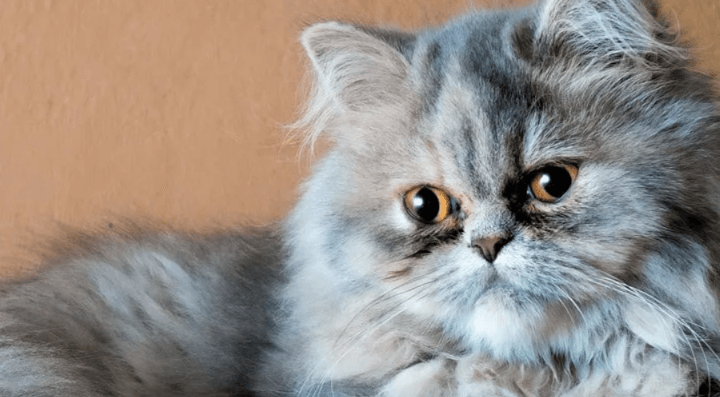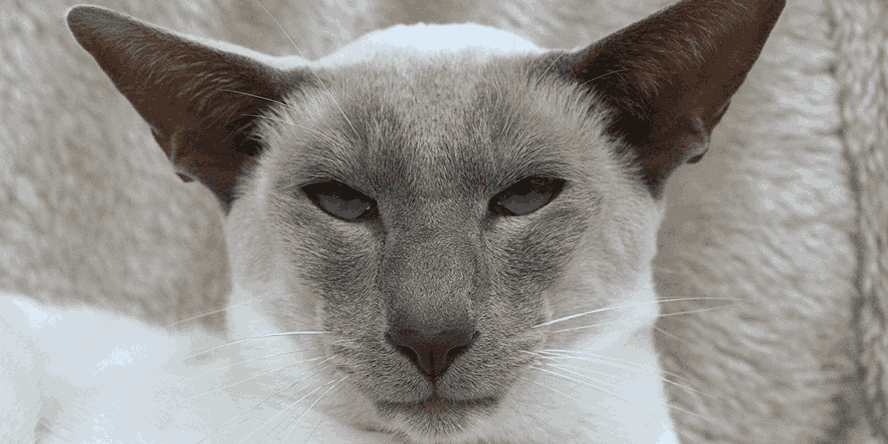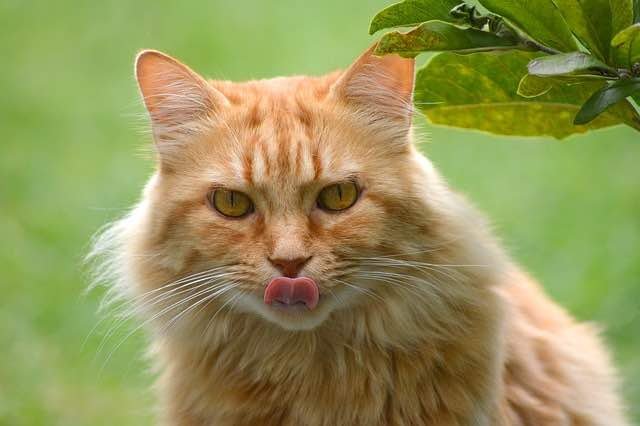Do Cats with Big Noses Have More Health Problems?
Do cats with big noses have more health problems than smaller ones? It's a common question among cat owners. While the size of a cat's nose may not make much of a difference, it can affect the breed's overall health.
In this blog post, we will discuss how the size of a cat's nose affects its health, focusing on breeds with particularly large noses. We'll explore how the shape and size of a cat's nose affect its facial features and the common health issues associated with cat breeds with big noses.
Benefits of Big Nose Cats
Having a big nose can come with some unexpected benefits for cats. Though it may look funny, large noses offer a wide range of advantages to cats. Breeds with big noses often have facial features that are aesthetically pleasing and unique, such as a Roman or Persian-style nose.
Large noses also give cats a heightened sense of smell, allowing them to be more sensitive to the odors in their environment. This can be especially beneficial for cats who need to track down their prey or find food sources in the wild.
Read Also: Don't Neglect Your Dog's Wound Care - Here's What You Need to Know
In addition, cats with large noses tend to have strong immune systems. This means they can fight off viruses and illnesses better than their smaller-nosed counterparts. This can also help protect them from allergies and other respiratory issues. Finally, cats with larger noses are often better at regulating their temperature than other breeds. This helps them stay comfortable in hot and cold weather.
What Causes a Cat's Nose to Grow Bigger?
 A cat's nose size is largely determined by its breed, but other factors may contribute to a larger-than-normal snout. Genetics play a role in how the facial features of cats are formed and can influence the size of their nose. Breeds with big noses, such as the Persian or Himalayan, have specific genes that cause them to have longer noses than other breeds.
A cat's nose size is largely determined by its breed, but other factors may contribute to a larger-than-normal snout. Genetics play a role in how the facial features of cats are formed and can influence the size of their nose. Breeds with big noses, such as the Persian or Himalayan, have specific genes that cause them to have longer noses than other breeds.
In addition, environmental factors like diet, temperature, and stress levels may also impact the size of a cat's nose. Cats with poor nutrition or exposed to extreme temperatures may experience changes in their physical features, including their nose size. Lastly, some cats may have bigger noses due to their unique genetics.
Are there any Health Risks Associated with Having a Big Nose?
When it comes to cats, having a big nose is not necessarily a bad thing. However, certain health risks are associated with having a large facial feature like this. While not all cats with big noses are prone to health issues, it is important to be aware of the potential risks.
The most common risk associated with having a big nose is respiratory issues. Cats with larger noses may have difficulty breathing due to the extra tissue and space in the nose. This can result in difficulty breathing, sneezing, and even chronic sinus infections. In addition, cats with bigger noses may also be more prone to skin allergies and eye and ear infections due to increased exposure to airborne allergens.

While there isn't much scientific evidence linking large noses to specific health conditions, some breeds of cats with big noses may be more prone to developing respiratory or skin problems.
For example, Persian cats are known for their flat faces and large noses and are more likely to suffer from respiratory infections than other breeds. Similarly, Siamese cats have long noses, making them more vulnerable to skin allergies.
To help protect cats with big noses from potential health risks, owners should practice good hygiene, provide plenty of fresh air, and keep their pets away from smoke and other irritants.
Owners should also be mindful of the foods they feed their pets and look out for any signs of illness, such as sneezing or discharge from the eyes or nose. If these symptoms occur, owners should take their cats to the vet for a check-up as soon as possible.
Are Any Breeds of Cats More Prone to Having a Big Nose?
Regarding cats with big noses, some breeds are naturally predisposed to having more prominent facial features. Persian and Himalayan cats are the most popular breeds that tend to have big noses, but other breeds, such as Exotic Shorthairs and Maine Coons can also be prone to having bigger noses.

Most breeds have wide-set eyes, snub noses, and round faces. While all cats are genetically different and have their characteristics, many of these breeds will have a thicker nose bridge and a wider nasal passage, leading to their noses appearing larger than other cats.
In addition, cats with longer fur may have bigger noses due to the extra fur around their face. It is important to note that having a bigger nose does not necessarily mean the cat has any health issues; it is simply a matter of genetics and is determined by each cat's breed and facial features.
Conclusion
Overall, cats with big noses do not necessarily have more health problems than cats with small noses. The breed of the cat and its facial features are likely the main factors that determine the size of its nose. Breeds such as Persians, Exotic Shorthairs, and British Shorthairs are all known for having larger noses.
Although cats with big noses may have more breathing issues due to the size of their nasal passages, they don't appear to have any greater health risks.





.png)



Comments